
Fortaleza: A Tropical Paradise on Brazil's Northeastern Coast
Fortaleza, the capital of Ceará, is a vibrant city known for its stunning beaches, rich culture, and lively atmosphere. This coastal city offers a perfect blend of natural beauty and urban sophistication, making it a top destination for tourists looking to experience the best of Brazil. With its year-round warm climate, Fortaleza is a haven for beach lovers and sun seekers. Stroll along the famous Beira Mar Avenue, where you can enjoy the scenic ocean views, indulge in local cuisine at beachfront restaurants, or shop for unique handicrafts at the nightly craft fair. The pristine sands of Praia do Futuro are perfect for relaxing under the sun or engaging in water sports like kite surfing and windsurfing. For a more secluded experience, visit Canoa Quebrada, a charming beach village known for its red cliffs and laid-back vibe. Fortaleza is also a cultural hub, with a rich history reflected in its architecture and museums. Explore the Dragão do Mar Center of Art and Culture, where you can immerse yourself in art exhibitions, theater performances, and cultural events. The José de Alencar Theater, with its stunning architecture, is another must-visit landmark that showcases the city's artistic heritage. The city comes alive at night with a vibrant nightlife scene. From lively bars and nightclubs to traditional forró dance halls, there's something for everyone to enjoy. Don't miss the chance to taste the local cuisine, which features fresh seafood and regional specialties like tapioca and carne de sol. Whether you're looking to relax on the beach, explore cultural attractions, or experience the lively nightlife, Fortaleza offers a diverse range of activities that cater to all types of travelers.
Local tips in Fortaleza
- Visit Praia do Futuro on a weekday to avoid the weekend crowds and get the best beach experience.
- Take a day trip to Canoa Quebrada for a more tranquil beach setting and unique red cliffs.
- Explore the Dragão do Mar Center of Art and Culture for a mix of art, history, and entertainment.
- Try the local cuisine at Mercado dos Peixes, where you can choose fresh seafood and have it cooked on the spot.
- Stay in the Meireles neighborhood for easy access to the beach, restaurants, and nightlife.
Neighbourhoods in Fortaleza
Fortaleza: A Tropical Paradise on Brazil's Northeastern Coast
Fortaleza, the capital of Ceará, is a vibrant city known for its stunning beaches, rich culture, and lively atmosphere. This coastal city offers a perfect blend of natural beauty and urban sophistication, making it a top destination for tourists looking to experience the best of Brazil. With its year-round warm climate, Fortaleza is a haven for beach lovers and sun seekers. Stroll along the famous Beira Mar Avenue, where you can enjoy the scenic ocean views, indulge in local cuisine at beachfront restaurants, or shop for unique handicrafts at the nightly craft fair. The pristine sands of Praia do Futuro are perfect for relaxing under the sun or engaging in water sports like kite surfing and windsurfing. For a more secluded experience, visit Canoa Quebrada, a charming beach village known for its red cliffs and laid-back vibe. Fortaleza is also a cultural hub, with a rich history reflected in its architecture and museums. Explore the Dragão do Mar Center of Art and Culture, where you can immerse yourself in art exhibitions, theater performances, and cultural events. The José de Alencar Theater, with its stunning architecture, is another must-visit landmark that showcases the city's artistic heritage. The city comes alive at night with a vibrant nightlife scene. From lively bars and nightclubs to traditional forró dance halls, there's something for everyone to enjoy. Don't miss the chance to taste the local cuisine, which features fresh seafood and regional specialties like tapioca and carne de sol. Whether you're looking to relax on the beach, explore cultural attractions, or experience the lively nightlife, Fortaleza offers a diverse range of activities that cater to all types of travelers.
When is the best time to go to Fortaleza?
Iconic landmarks you can’t miss
Mercado Central de Fortaleza
Discover a vibrant marketplace in Fortaleza with handicrafts, souvenirs, and local flavors at Mercado Central de Fortaleza.
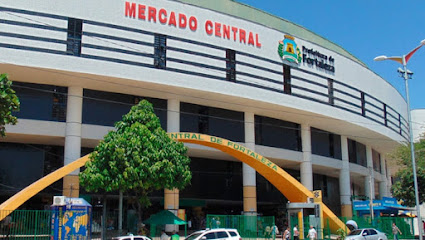
Parque Estadual do Cocó
Discover Fortaleza's green heart: Parque Estadual do Cocó, a vast urban oasis with trails, boat trips, and rich biodiversity.
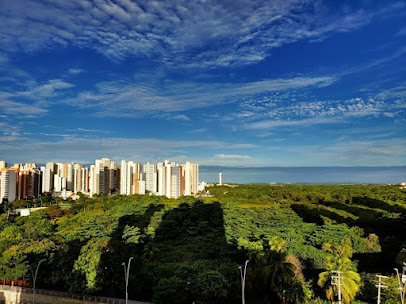
Aterro da Praia de Iracema
Experience the vibrant atmosphere of Fortaleza's Aterro da Praia de Iracema, a coastal paradise blending culture, leisure, and stunning ocean views.
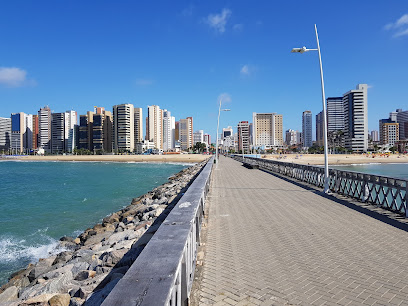
Centro Dragão do Mar de Arte e Cultura
Explore art, culture, and entertainment at Fortaleza's premier cultural hub, featuring museums, theaters, and a planetarium.
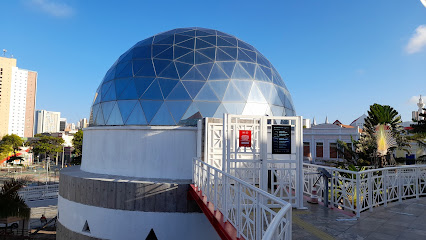
Feirinha da Beira Mar
Discover unique handicrafts, local flavors, and the vibrant culture of Ceará at Fortaleza's lively oceanfront marketplace.
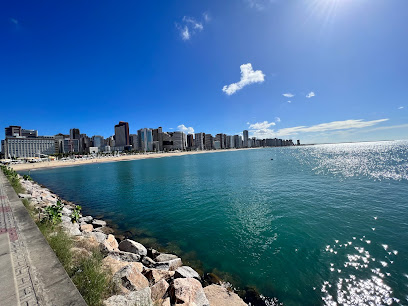
Guardian Iracema Statue
Discover Fortaleza's iconic Guardian Iracema Statue: a beachfront monument honoring local folklore with stunning ocean views and cultural richness.
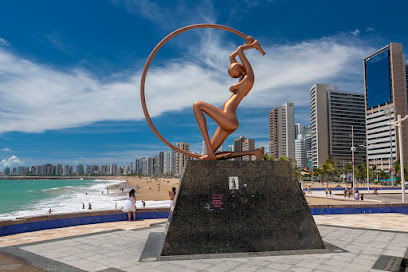
Martyrs Square
Discover Martyrs Square in Fortaleza: a blend of history, culture, and natural beauty in the heart of the city.
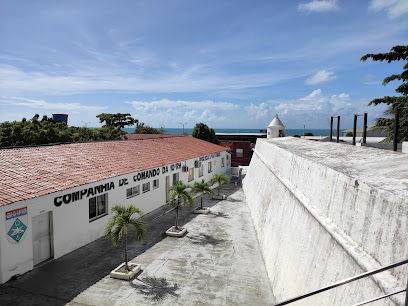
Dunas da Sabiaguaba
Explore the majestic Dunas da Sabiaguaba in Fortaleza: hike golden dunes, enjoy ocean views, and discover Ceará's natural beauty.
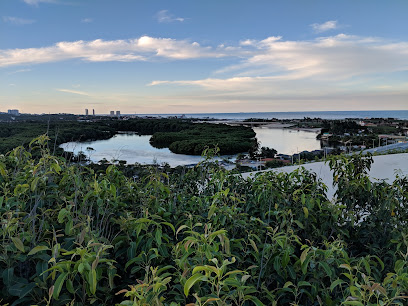
Fortaleza Brazil Temple
A stunning temple in Fortaleza, Brazil, serving as a spiritual haven and architectural highlight in the coastal Dunas neighborhood.
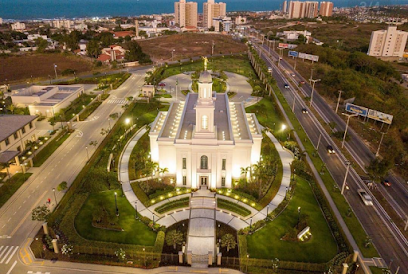
Fortress of Our Lady of the Assumption
Explore Fortaleza's colonial roots at this historic fortress, offering a glimpse into Brazil's past and architectural significance.
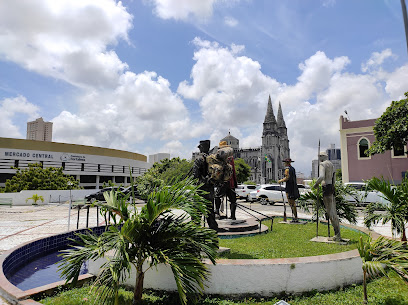
Castelo Branco Mausoleum
Discover Fortaleza's Castelo Branco Mausoleum: a unique architectural tribute to a former president, offering history and serene gardens.
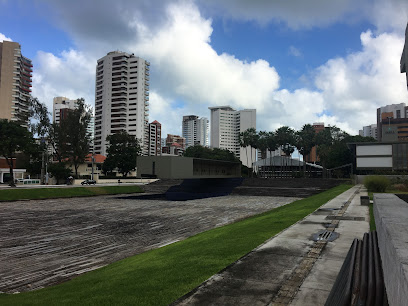
Ponte dos Ingleses
Experience breathtaking sunsets and ocean views from Fortaleza's iconic Ponte dos Ingleses, a historic pier and vibrant cultural hub on Iracema Beach.
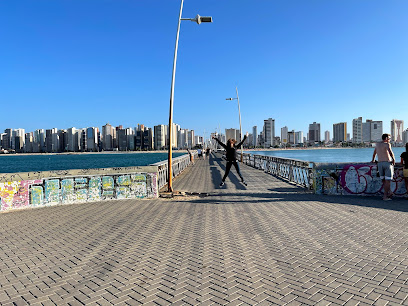
Praia do Meireles
Experience the vibrant heart of Fortaleza at Praia do Meireles: sun, sand, culture, and unforgettable Brazilian charm.
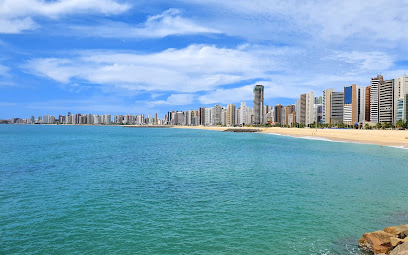
Farolete de Fortaleza
Discover the historic Farolete de Fortaleza, a charming lighthouse offering stunning ocean views and a taste of local culture in Fortaleza, Brazil.

Fortaleza Customs Building
Discover the architectural beauty and historical significance of Fortaleza Customs Building, a cultural gem in Ceará, Brazil.
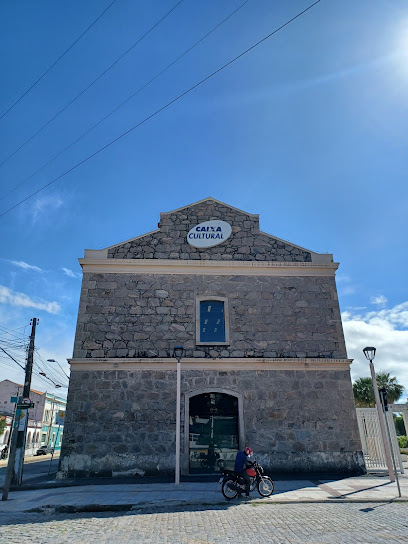
Unmissable attractions to see
Mercado Central de Fortaleza
Discover a vibrant marketplace in Fortaleza with over 600 shops offering local crafts, souvenirs, and regional products for an authentic Brazilian experience.
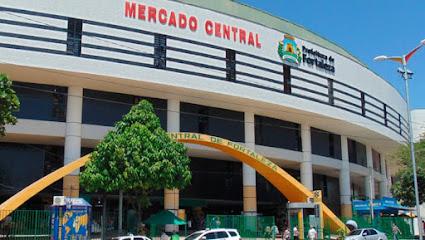
Beach Park
Experience thrilling water rides and beachfront relaxation at one of Latin America's top water parks, a must-visit destination in Aquiraz, Ceará.
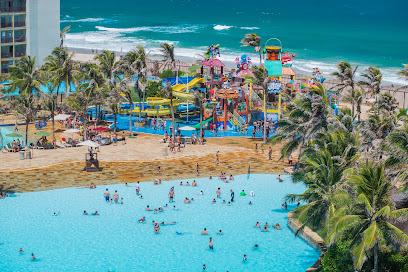
Arena Castelão
Experience the passion of Brazilian football at Arena Castelão, a historic stadium and vibrant event venue in Fortaleza, Ceará.
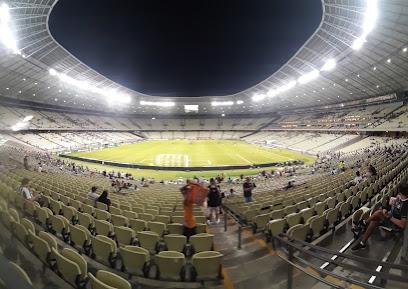
Parque Estadual do Cocó
Escape to nature in the heart of Fortaleza at Parque Estadual do Cocó, a vast urban park with trails, wildlife, and recreational activities.
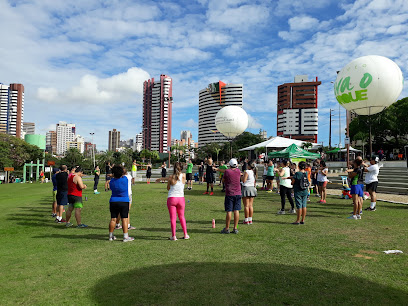
Praça do Ferreira - Centro
Experience the vibrant heart of Fortaleza at Praça do Ferreira, a historic plaza filled with culture, events, and local charm.
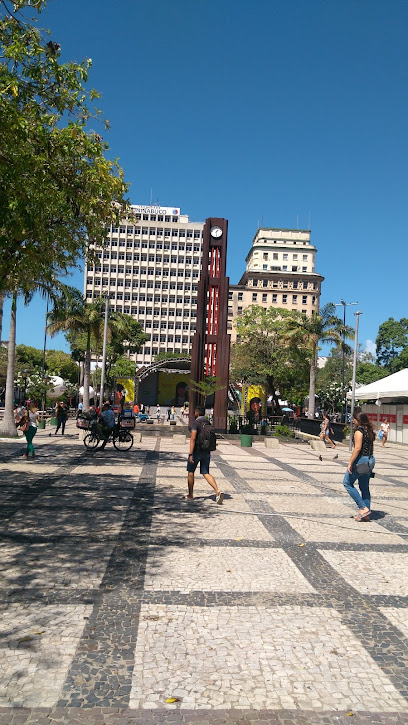
Centro Dragão do Mar de Arte e Cultura
Discover Fortaleza's cultural heart at Dragão do Mar: art, history, and entertainment in a vibrant complex.
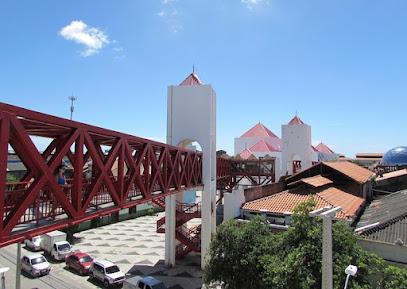
Catedral Metropolitana de Fortaleza
Discover Fortaleza's iconic cathedral, a blend of Gothic and Roman architecture, offering a serene escape in the city center.
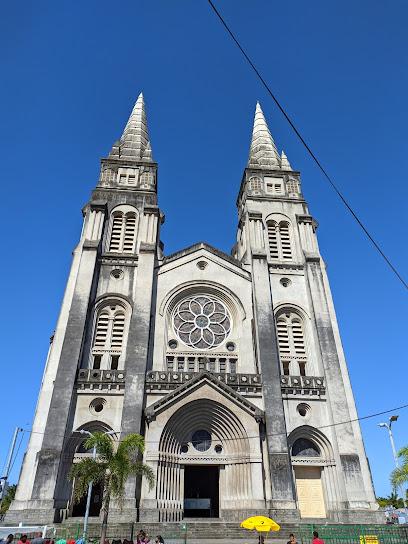
Praça Luíza Távora
Discover a green oasis in Fortaleza: Praça Luíza Távora, where culture, leisure, and history meet in a vibrant urban park.

Theatro José de Alencar
Discover Fortaleza's cultural heart at Theatro José de Alencar, a stunning architectural and artistic landmark in Brazil.
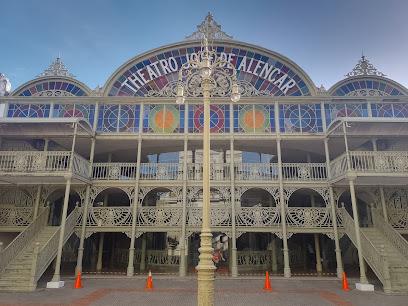
Lagoa do Cauípe Cumbuco
Discover Lagoa do Cauípe: Cumbuco's serene oasis offering kitesurfing, natural beauty, and tranquil relaxation in a stunning Brazilian setting.
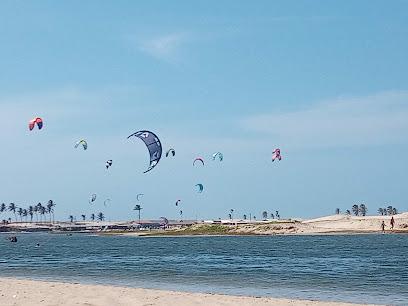
Praia do Futuro
Experience Fortaleza's vibrant beach life at Praia do Futuro: sun, surf, seafood, and lively 'barracas' await!
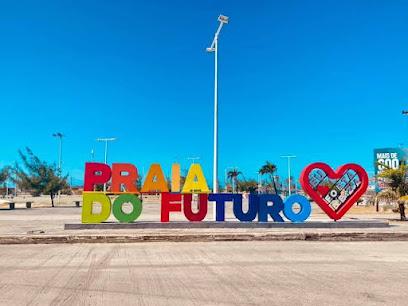
Guardian Iracema Statue
A striking coastal monument in Fortaleza honoring a beloved literary figure, offering stunning ocean views and a glimpse into local history.
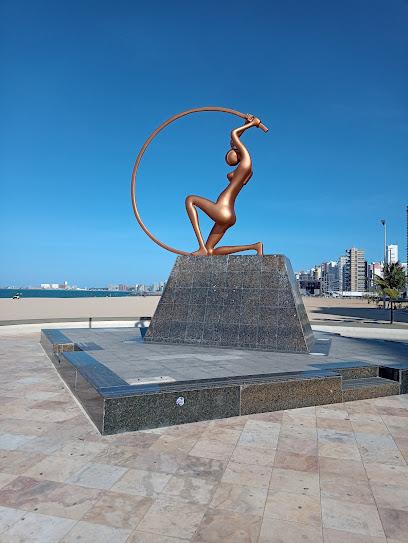
Cumbuco Acqua Beach
Dive into fun at Cumbuco Acqua Beach! Experience thrilling slides, relaxing pools, and a family-friendly atmosphere on Ceará's stunning coast.
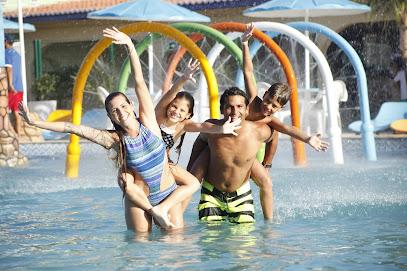
Centro de Turismo do Ceará (Emcetur)
Discover Ceará's rich culture and history at this landmark featuring local handicrafts, gastronomy, and a glimpse into the past.
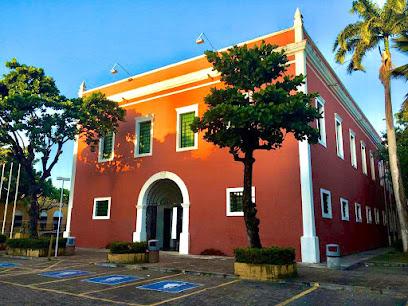
Martyrs Square
Discover Martyrs Square in Fortaleza: a historic landmark offering culture, relaxation, and stunning colonial architecture in the heart of the city.
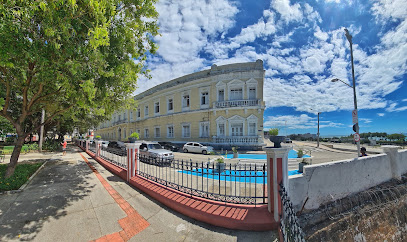
Essential places to dine
Coco Bambu Sul
Discover exquisite seafood at Coco Bambu Sul – where Brazilian flavors meet exceptional dining experiences in Fortaleza.
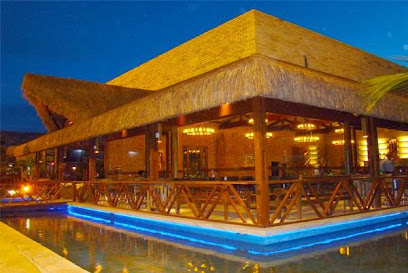
Coco Bambu Beira Mar
Experience exquisite seafood dining at Coco Bambu Beira Mar in Fortaleza—where Brazilian flavors meet breathtaking ocean views.
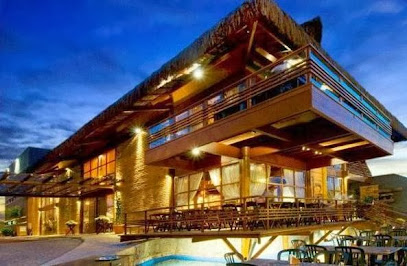
Coco Bambu - Meireles
Experience the best of Brazilian seafood at Coco Bambu - Meireles; where fresh flavors meet lively entertainment in Fortaleza.
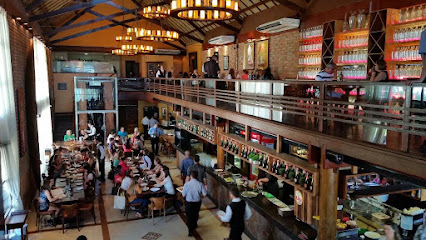
Barraca da Boa
Experience authentic Brazilian seafood at Barraca da Boa in Fortaleza - where fresh flavors meet stunning ocean views.
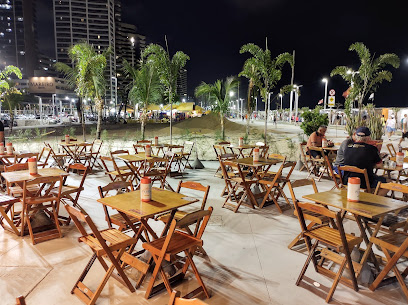
Moleskine Gastrobar
Discover the culinary treasures of Fortaleza at Moleskine Gastrobar, where exquisite flavors meet vibrant atmosphere for an unforgettable dining experience.
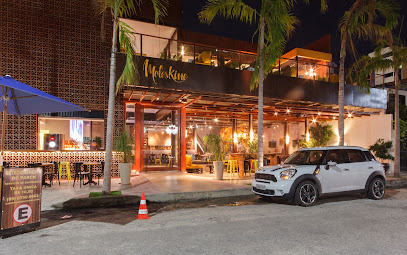
Vasto Restaurante
Discover Vasto Restaurante: A premier destination for steak lovers in Fortaleza offering exquisite flavors and a vibrant dining atmosphere.
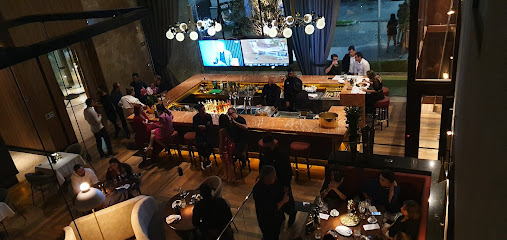
Divina Picanha
Experience authentic Brazilian cuisine at Divina Picanha in Fortaleza – where succulent grilled meats meet delightful pizzas in a vibrant atmosphere.
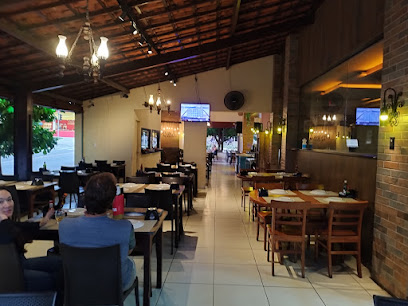
Culinária da Van - Aldeota
Discover exquisite Brazilian cuisine at Culinária da Van - Aldeota with delightful cocktails and tapas in a vibrant atmosphere.
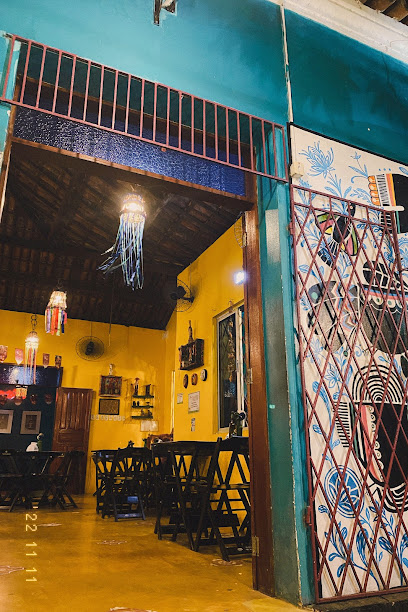
Geppos Praia - Restaurante na Praia de Iracema
Experience authentic Brazilian cuisine with stunning ocean views at Geppos Praia on Fortaleza's famous Praia de Iracema.
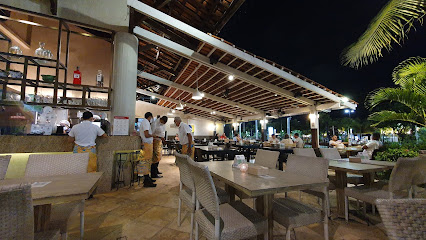
ILLA MARE
Experience exquisite seafood dining at ILLA MARE in Fortaleza, where culinary artistry meets breathtaking ocean views.
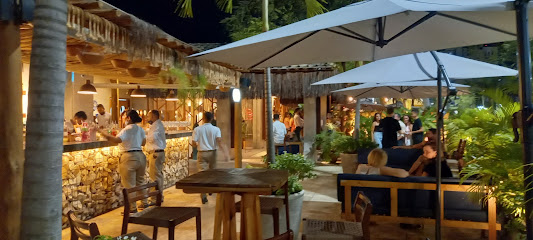
Fortaleza Grill Restaurante
Savor the rich flavors of Brazil at Fortaleza Grill Restaurante—an all-you-can-eat buffet experience in the heart of Fortaleza.
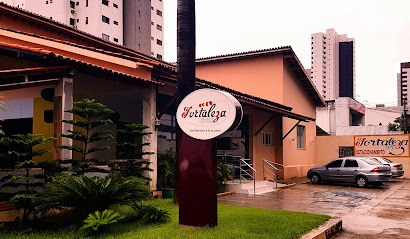
Santa Grelha
Experience authentic Brazilian flavors at Santa Grelha Steakhouse in Fortaleza – where every bite is a celebration of culinary excellence.
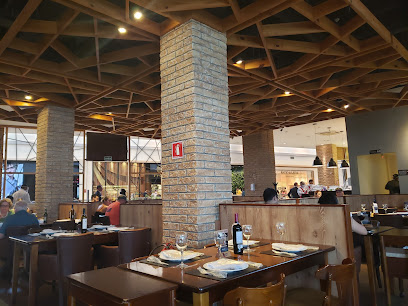
Santa Grelha Meireles
Experience culinary excellence at Santa Grelha Meireles, where expertly grilled meats meet warm hospitality in Fortaleza's vibrant dining scene.
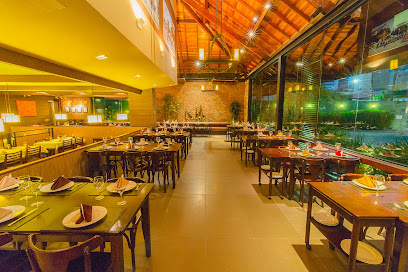
Restaurante da Zena
Experience the essence of Brazilian gastronomy at Restaurante da Zena in Fortaleza—where flavor meets tradition in every dish.
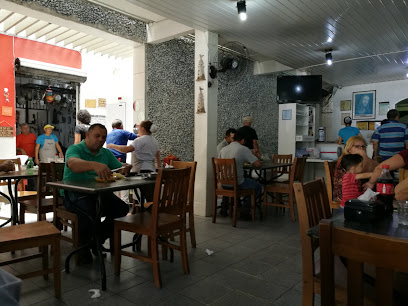
Giz Cozinha Boêmia
Experience authentic Brazilian cuisine at Giz Cozinha Boêmia in Fortaleza – where tradition meets innovation in every dish.
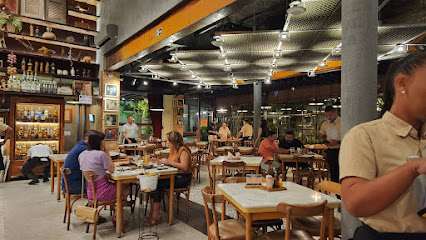
Markets, malls and hidden boutiques
Iguatemi
Iguatemi is a premier shopping destination in Fortaleza, offering a unique blend of retail, dining, and entertainment for an unforgettable experience.
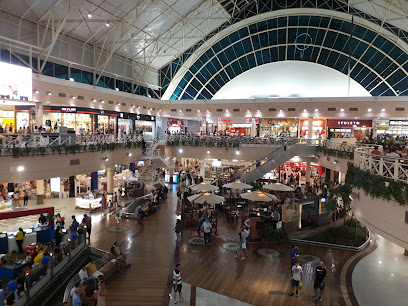
Shopping RioMar Fortaleza
Discover Shopping RioMar Fortaleza, the ultimate destination for shopping, dining, and entertainment in Brazil's vibrant coastal city.
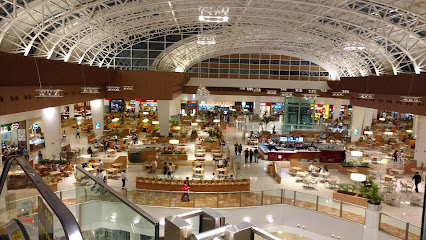
Mercado Central de Fortaleza
Explore the Mercado Central de Fortaleza: A lively marketplace brimming with local crafts, delicious food, and cultural treasures in the heart of Ceará.
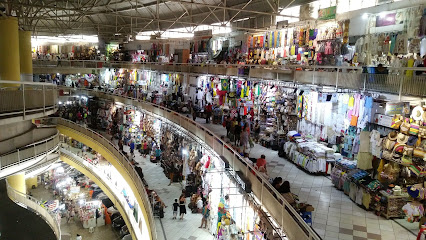
North Shopping Fortaleza
Explore North Shopping Fortaleza: A vibrant shopping mall in Ceará with diverse stores, dining, and entertainment perfect for every tourist.
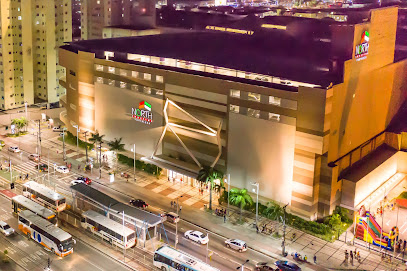
Shopping Parangaba
Discover the vibrant shopping experience at Shopping Parangaba in Fortaleza, where retail, dining, and entertainment come together in one exciting destination.
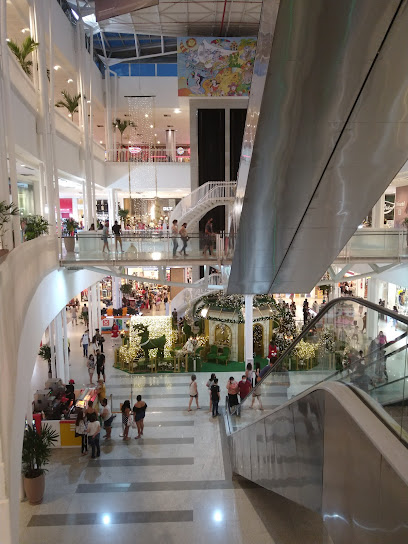
North Shopping Jóquei
Explore North Shopping Jóquei in Fortaleza, a vibrant shopping mall with diverse retail, dining, and entertainment experiences for every tourist.
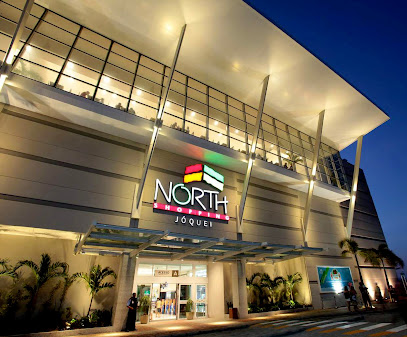
RioMar Kennedy
Explore the vibrant RioMar Kennedy in Fortaleza, a shopping mall offering an array of stores, delightful dining options, and entertainment for all ages.
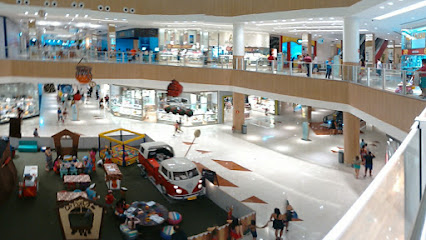
Via Sul Shopping
Explore the vibrant Via Sul Shopping in Fortaleza, a shopping haven with diverse stores, delicious dining, and fun entertainment for all ages.
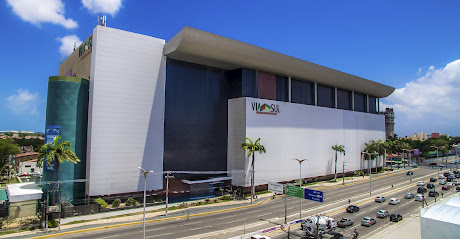
Centro Fashion Fortaleza
Discover the ultimate shopping experience at Centro Fashion Fortaleza, where local culture meets international fashion in a vibrant setting.
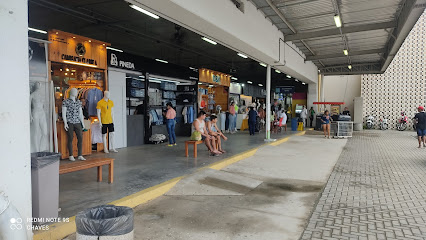
Shopping Aldeota
Discover the vibrant shopping scene at Shopping Aldeota in Fortaleza, where local flair meets international brands, dining, and entertainment.
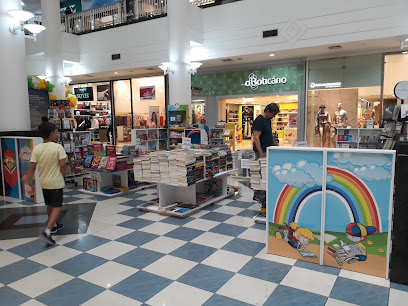
Shopping Pátio Dom Luis
Experience the best of shopping, dining, and entertainment at Shopping Pátio Dom Luis in Fortaleza, a vibrant hub for tourists and locals alike.
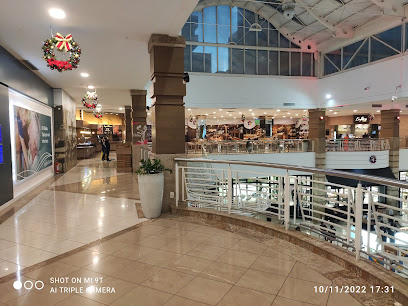
Shopping Metrô
Discover a shopping paradise at Shopping Metrô in Fortaleza, where fashion, dining, and entertainment meet in a vibrant atmosphere.
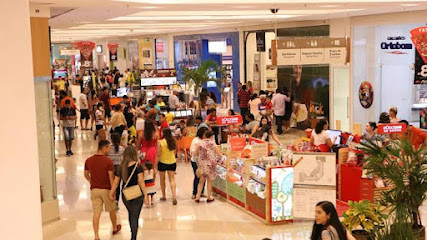
Shopping Center Um
Discover an unforgettable shopping experience at Shopping Center Um in Fortaleza, blending local culture, global brands, and delightful dining.
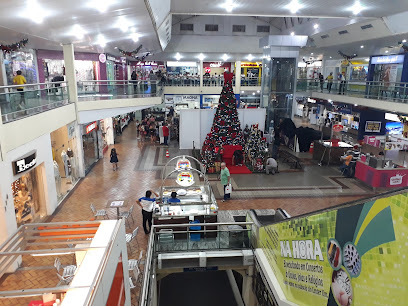
Shopping Jardins Open Mall
Experience shopping like never before at Shopping Jardins Open Mall in Fortaleza—where style meets leisure in a beautiful open-air setting.
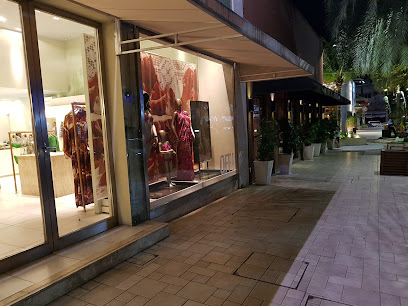
Feira do Buraco da Gia
Discover the colorful and diverse offerings at Feira do Buraco da Gia, Fortaleza's bustling clothing wholesale market that celebrates Brazilian fashion.
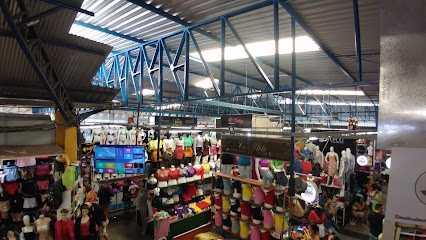
Essential bars & hidden hideouts
The Bar Pub and restaurant
Experience the vibrant nightlife of Fortaleza at The Bar Pub, where delicious food and drinks meet a lively atmosphere.
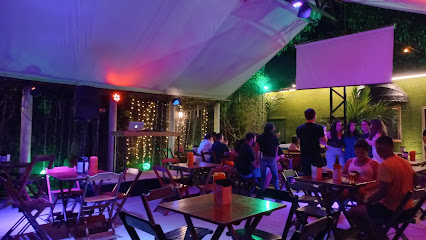
Barbarians Pub
Experience the vibrant spirit of Fortaleza at Barbarians Pub, a cocktail bar known for its creative drinks and lively atmosphere.
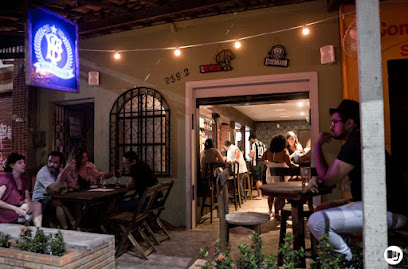
Boteco Pub
Discover the vibrant nightlife and delicious cuisine at Boteco Pub in Fortaleza, where every visit is a celebration of Brazilian culture.
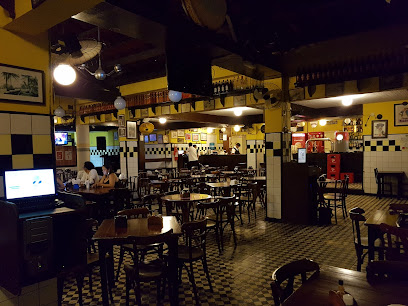
Teresa & Jorge
Experience the vibrant flavors of Brazil at Teresa & Jorge, a charming cocktail bar and restaurant in the heart of Fortaleza.
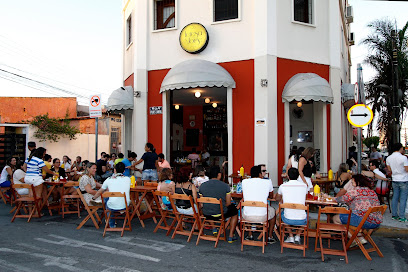
Hey Joe Food 'n' Bar
Discover the vibrant flavors of Hey Joe Food 'n' Bar, where gourmet hamburgers meet a lively bar atmosphere in the heart of Fortaleza.
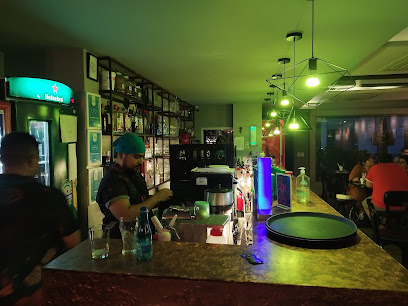
Jardins Lounge Bar
Experience a unique blend of relaxation and vibrant dining at Jardins Lounge Bar in Fortaleza, where craft cocktails meet a serene garden setting.
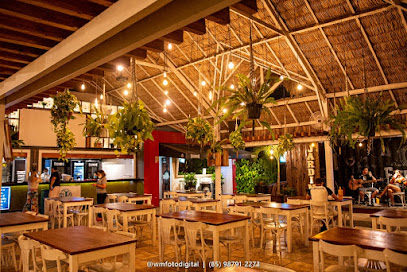
Astrological Club Lounge
Experience a stellar nightlife at Astrological Club Lounge in Fortaleza, where celestial cocktails and vibrant beats create an unforgettable evening.
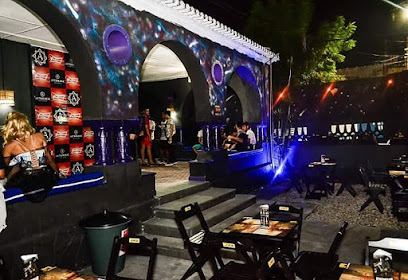
Bar do Railson - Aldeota
Discover the lively ambiance of Bar do Railson - Aldeota, a premier live music bar in Fortaleza, offering unforgettable nights filled with great tunes and drinks.
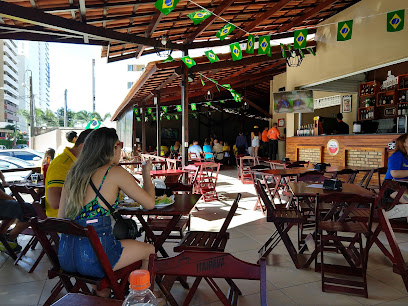
Owl Beer Pub
Experience the vibrant atmosphere and exquisite selection of craft beers and cocktails at Owl Beer Pub in Fortaleza's Parque Manibura.
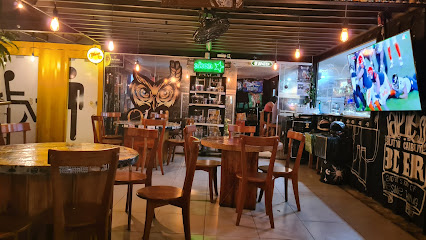
Boteco Vintage
Discover the lively spirit of Fortaleza at Boteco Vintage, a premier live music bar offering a vibrant atmosphere and authentic Brazilian culture.
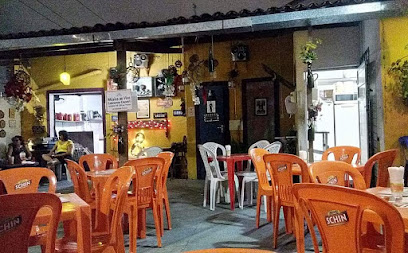
Florida Bar
Discover the vibrant atmosphere of Florida Bar in Fortaleza, where delicious food meets lively entertainment in a local favorite.
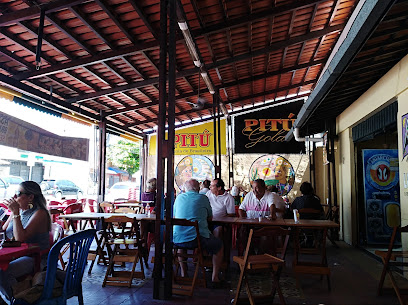
Coktelitas Drinks
Discover Fortaleza's vibrant nightlife at Coktelitas Drinks, where innovative cocktails meet a lively atmosphere for an unforgettable experience.
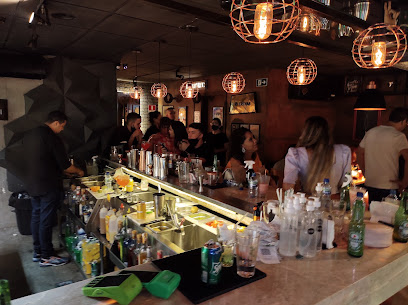
Covil Rock'n Bar
Discover the lively Covil Rock'n Bar in Fortaleza, where rock music meets an affordable and vibrant nightlife experience.
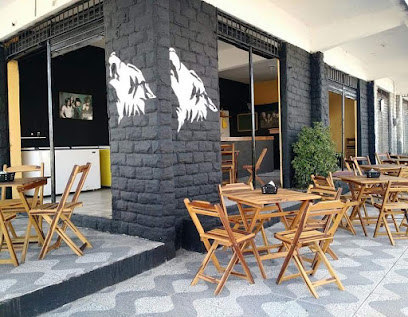
Mormaço Bar
Discover the energetic atmosphere of Mormaço Bar in Fortaleza, where delicious drinks and vibrant nightlife come together for an unforgettable experience.
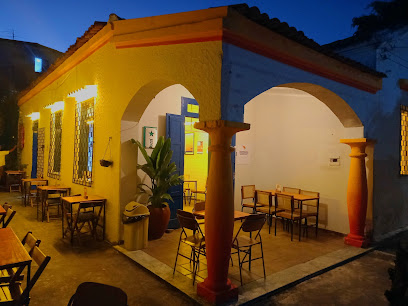
Budega dos Pinhões
Discover the heart of Fortaleza's nightlife at Budega dos Pinhões, a lively bar offering delicious cocktails and local flavors.
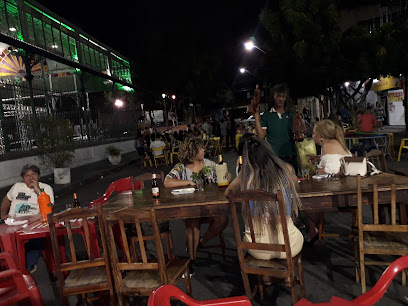
Local Phrases
-
- HelloOi
[oy] - GoodbyeTchau
[chow] - YesSim
[seem] - NoNão
[now] - Please/You're welcomePor favor/De nada
[pohr fah-vohr/deh nah-dah] - Thank youObrigado/Obrigada
[oh-bree-gah-doh/oh-bree-gah-dah] - Excuse me/SorryCom licença/Desculpe
[kohm lee-sen-sah/dehs-kool-peh] - How are you?Como vai?
[koh-moh vah-ee] - Fine. And you?Bem. E você?
[beng. eh voh-say] - Do you speak English?Você fala inglês?
[voh-say fah-lah een-glehz] - I don't understandEu não entendo
[eh-oo now ehn-ten-doh]
- HelloOi
-
- I'd like to see the menu, pleaseEu gostaria de ver o cardápio, por favor
[eh-oo goh-stah-ree-ah jee veh ooh kahr-dah-pee-oh, pohr fah-vohr] - I don't eat meatEu não como carne
[eh-oo now koh-moh kahr-nee] - Cheers!Saúde!
[sah-ooh-day] - I would like to pay, pleaseEu gostaria de pagar, por favor
[eh-oo goh-stah-ree-ah jee pah-gahr, pohr fah-vohr]
- I'd like to see the menu, pleaseEu gostaria de ver o cardápio, por favor
-
- Help!Socorro!
[soh-koh-roh] - Go away!Vá embora!
[vah ehm-boh-rah] - Call the Police!Chame a polícia!
[shah-mee ah poh-lee-see-ah] - Call a doctor!Chame um médico!
[shah-mee oom meh-dee-koh] - I'm lostEstou perdido
[ehs-toh pehr-dee-doh] - I'm illEstou doente
[ehs-toh doh-ehn-teh]
- Help!Socorro!
-
- I'd like to buy...Eu gostaria de comprar...
[eh-oo goh-stah-ree-ah jee kohm-prahr...] - I'm just lookingEu só estou olhando
[eh-oo soh ehs-toh oh-lyahn-doh] - How much is it?Quanto custa?
[kwahn-toh koos-tah] - That's too expensiveIsso é muito caro
[ee-soh eh moo-ee-toh kah-roh] - Can you lower the price?Você pode baixar o preço?
[voh-say poh-deh bah-ee-shahr ooh preh-soh]
- I'd like to buy...Eu gostaria de comprar...
-
- What time is it?Que horas são?
[kee oh-rahz sah-ooh] - It's one o'clockÉ uma hora
[eh oo-mah oh-rah] - Half past (10)Meio-dia e meia (10)
[may-oh dee-ah ee may-ah (10)] - MorningManhã
[mahn-yah] - AfternoonTarde
[tahr-deh] - EveningNoite
[noy-chee] - YesterdayOntem
[ohn-tem] - TodayHoje
[oh-zhay] - TomorrowAmanhã
[ah-mahn-yah] - 1Um
[oom] - 2Dois
[doh-eez] - 3Três
[trehz] - 4Quatro
[kwah-troh] - 5Cinco
[seen-koh] - 6Seis
[say-eez] - 7Sete
[set-ee] - 8Oito
[oy-toh] - 9Nove
[noh-veh] - 10Dez
[dehz]
- What time is it?Que horas são?
-
- Where's a/the...?Onde fica o/a...?
[ohn-jee fee-kah oh/ah...?] - What's the address?Qual é o endereço?
[kwah-lee oh ehn-deh-reh-soh?] - Can you show me (on the map)?Você pode me mostrar (no mapa)?
[voh-say poh-deh meh moh-strahr (noh mah-pah)?] - When's the next (bus)?Quando é o próximo (ônibus)?
[kwahn-doh eh oh proh-see-moh (oh-nee-boos)?] - A ticket (to ....)Um bilhete (para ....)
[oom bee-lyeh-chee (pah-rah ....)]
- Where's a/the...?Onde fica o/a...?
History of Fortaleza
-
Fortaleza was initially established as a small fort by the Portuguese in 1603, named Fort of São Tiago. This early settlement faced numerous challenges, including conflicts with indigenous groups and colonial powers.
-
In 1637, the Dutch captured the fort and renamed it Fort Schoonenborch. This period of occupation lasted until 1654, when the Portuguese regained control. The fort was then renamed Fortaleza de Nossa Senhora da Assunção, giving the city its current name.
-
During the 18th century, Fortaleza began to grow as a regional economic hub. The city expanded around the fort, with new streets, houses, and public buildings reflecting the colonial style of the era. It became a pivotal location for trade and agriculture.
-
In the early 19th century, Fortaleza played a key role in the independence movement of Ceará state. The city became a center for political activity and intellectual discourse, contributing significantly to Brazil's eventual independence from Portugal in 1822.
-
Fortaleza was at the forefront of the abolitionist movement in Brazil. In 1884, Ceará became the first province to abolish slavery, four years before the national abolition in 1888. This landmark event is commemorated by the city’s Dragão do Mar Center of Art and Culture.
-
The 20th century brought significant modernization to Fortaleza. The city's infrastructure developed rapidly, with new roads, bridges, and public services. Industrialization and urbanization shaped the modern city, transforming it into one of Brazil's major urban centers.
-
Fortaleza experienced a cultural renaissance in the late 20th and early 21st centuries. The city became a vibrant center for arts, music, and cuisine, with numerous festivals celebrating its rich cultural heritage. Landmarks such as the José de Alencar Theater and the Ceará Museum reflect this cultural flourishing.
Fortaleza Essentials
-
Fortaleza is served by Pinto Martins – Fortaleza International Airport (FOR), which is located about 11 kilometers from the city center. The airport offers both domestic and international flights, making it accessible from major cities around the world. From the airport, you can take a taxi, ride-sharing service, or an airport shuttle to reach your destination within the city. Additionally, long-distance buses connect Fortaleza to other major cities in Brazil.
-
Fortaleza has a comprehensive public transportation system, including buses and a metro line. Buses are the most common form of public transport and cover extensive routes throughout the city. The metro system is smaller but efficient for specific routes. Taxis and ride-sharing services like Uber are widely available. Renting a car is an option, but be aware of heavy traffic during peak hours. Biking is also becoming popular, with several bike lanes and rental services available.
-
The official currency is the Brazilian Real (BRL). Credit and debit cards are widely accepted in hotels, restaurants, and shops. However, it's advisable to carry some cash for smaller establishments and markets. ATMs are plentiful throughout Fortaleza, but exercise caution when withdrawing money, especially at night. Currency exchange services are available at the airport and in major shopping areas.
-
While Fortaleza is generally safe for tourists, it's important to remain vigilant. Avoid carrying large sums of money or wearing expensive jewelry. Be cautious in neighborhoods like Praia de Iracema and the area around Dragão do Mar at night, as these areas have higher crime rates. Stick to well-lit and busy streets, and use registered taxis or ride-sharing services. Always be aware of your surroundings and keep personal belongings secure.
-
In case of emergency, dial 190 for police assistance and 192 for medical emergencies. Major hospitals in Fortaleza include Hospital Geral de Fortaleza and Hospital São Mateus. Pharmacies are widespread and offer over-the-counter medications. It's advisable to have travel insurance that covers medical emergencies. The local U.S. Consulate can assist American tourists in emergency situations.
-
Fashion: Do dress casually but modestly. Swimwear is appropriate at the beach but not in public places like streets or restaurants. Religion: Do respect religious customs, especially in churches. Avoid loud conversations and flash photography. Public Transport: Do be respectful and offer your seat to elderly or disabled passengers. Avoid eating or drinking on public transport. Greetings: Do greet people with a handshake. A friendly 'Bom dia' (Good morning) or 'Boa tarde' (Good afternoon) is appreciated. Eating & Drinking: Do try local dishes like 'Moqueca' and 'Feijoada.' Don't refuse an offer of food or drink, as it is considered impolite.
-
To experience Fortaleza like a local, visit the Central Market (Mercado Central) for local crafts and foods. Explore the vibrant nightlife at Praia de Iracema, known for its bars and live music. Attend a 'Forró' dance event to experience the local music and dance culture. Enjoy the local beaches like Praia do Futuro, where you can find popular beach bars called 'barracas.' Interact with locals, who are generally friendly and eager to share their culture and recommendations.
Trending Landmark in Fortaleza
-
Mercado Central de Fortaleza
-
Parque Estadual do Cocó
-
Aterro da Praia de Iracema
-
Centro Dragão do Mar de Arte e Cultura
-
Feirinha da Beira Mar
-
Guardian Iracema Statue
-
Martyrs Square
-
Dunas da Sabiaguaba
-
Fortaleza Brazil Temple
-
Fortress of Our Lady of the Assumption
-
Castelo Branco Mausoleum
-
Ponte dos Ingleses
-
Praia do Meireles
-
Farolete de Fortaleza
-
Fortaleza Customs Building
Nearby Cities to Fortaleza
-
Things To Do in Recife
-
Things To Do in Salvador
-
Things To Do in Brasília
-
Things To Do in Albina
-
Things To Do in Moengo
-
Things To Do in Brokopondo
-
Things To Do in Mariënburg
-
Things To Do in Lelydorp
-
Things To Do in Paramaribo
-
Things To Do in Rio de Janeiro
-
Things To Do in Skeldon
-
Things To Do in São Paulo
-
Things To Do in New Amsterdam
-
Things To Do in Kwakwani
-
Things To Do in Ituni


















